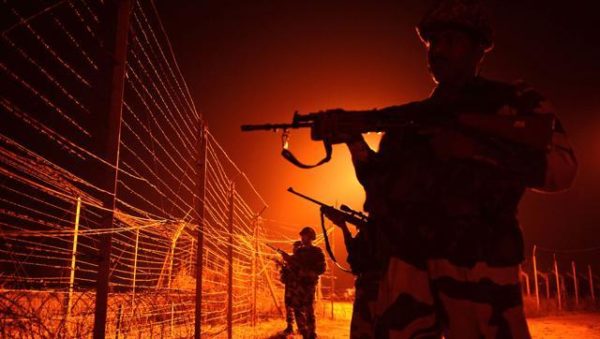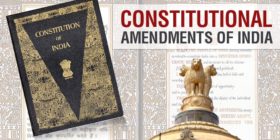As the Indian Army said on Thursday that it has carried out surgical strikes and inflicted serious damage on terrorists and those supporting them across the Line of Control, Pakistan will find that it has little space to respond to the daring operations. Here’s why:
1) New Delhi successfully isolated Islamabad diplomatically before it carried out the strikes. It was not merely how it quickly wrecked the Saarc summit in Islamabad, but it was also notable how it got the US to issue a strong statement against Pakistan over the Uri attacks. China may remain Pakistan’s “all-weather friend”, but it has declined to intervene militarily on Islamabad’s side.
2) India carefully kept up the appearance that its military actions were not aimed at the Pakistani armed forces. It said it had attacked “terrorist” camps and avoided any formal military structures. Also by limiting its actions to Pakistan-occupied Kashmir, it maintained the myth that it was not attacking Pakistani soil but rather a piece of territory that is in theory part of India.
3) The Pakistani military, by denying such an attack, has indicated that it is not interested in escalating the battle, at least not openly. Whenever India has carried out such reprisals it has to decide whether to go public or not: the former is good for the home audience but threatens escalation, the latter is the opposite. The generals across the border have decided discretion is better than bluster this time around.
4) The snows should be coming to Kashmir’s upper reaches soon, making the Line of Control infiltration difficult and generally dampening both domestic political fires over Kashmir and the ability of Pakistan army to do much from across the border. What cannot be ruled out is an attack on Indian assets in Afghanistan or a terrorist attack inside a soft target inside India. Which is why, however pleased many Indians will be with the attack, they should be extra vigilant about a possible terror strike or worse in parts of India far from Kashmir.






Leave a reply